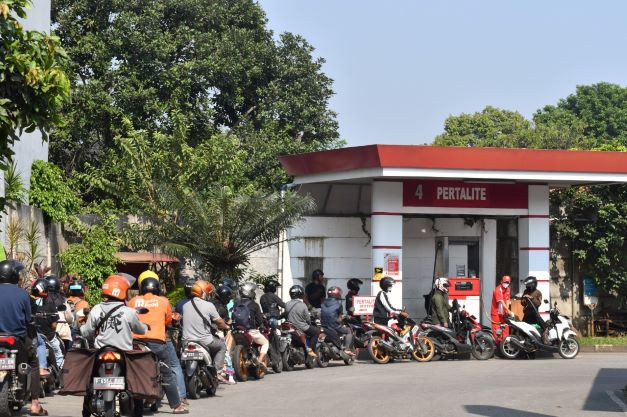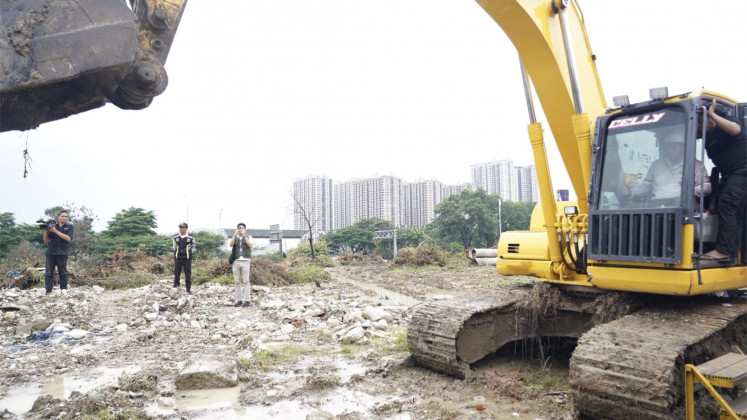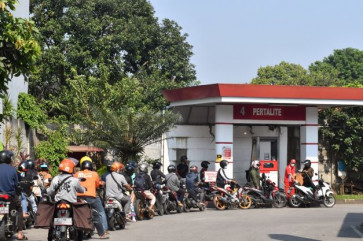Popular Reads
Top Results
Can't find what you're looking for?
View all search resultsPopular Reads
Top Results
Can't find what you're looking for?
View all search resultsAfter nearly a decade, Jokowi falls short on promise of energy subsidy reform
Change text size
Gift Premium Articles
to Anyone
P
resident Joko “Jokowi” Widodo has largely failed to reform energy subsidies in the country, experts say, a promise he made some nine years ago, before his tenure in the nation’s highest office.
Jokowi proposed in November 2014 to cut both fuel and electricity subsidies, which at the time could amount to some Rp 300 trillion (US$19.22 billion) annually, with the exact figure depending partly on global market prices.
By freeing up the state budget, he aimed to increase spending on more productive applications, such as building infrastructure and increasing allocations for social aid, health care and education.
Institute for Development of Economics and Finance (Indef) executive director Tauhid Ahmad said Jokowi had failed to fulfill his promise of reforming the subsidies, pointing to much higher realized spending.
“Instead of a cutback, subsidies have actually increased. I think that is skidding off tracks from the benchmark of healthy budgeting,” Tauhid told The Jakarta Post on Oct. 3.
However, it is true that some fuel subsidies have fallen since Jokowi took office. In his first term, the government removed 88-RON Premium gasoline from the energy subsidy list.
The fuel was once the cheapest gasoline sold by state-owned oil and gas firm Pertamina and was blamed as one of the many reasons behind ballooning subsidy costs before Jokowi’s presidency.



















